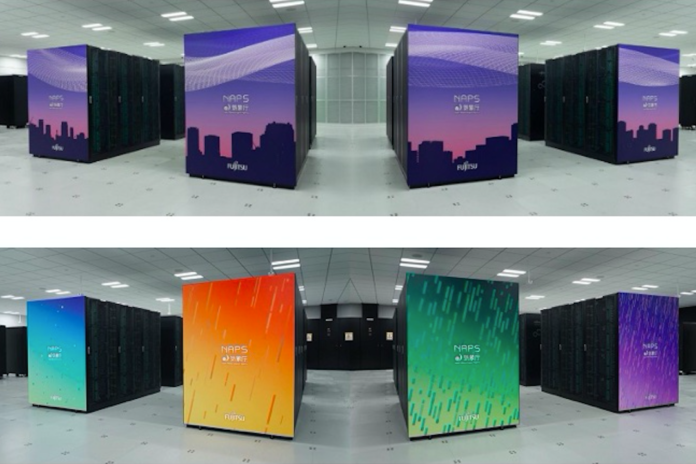Japan Meteorological Agency (JMA) is now using a new supercomputer system from Fujitsu for use in linear rainband forecasting.
The new supercomputer system is able to predict the occurrence of linear rainbands which can trigger heavy rain, leading to disasters like landslides and flooding.
The system is based on the Fujitsu Supercomputer PRIMEHPC FX1000 hardware, which features the same A64FX CPU as the supercomputer “Fugaku” that was jointly developed with Riken.
Reaching a theoretical peak performance of about 31.1 PFLOPS, the new system will help the JMA to significantly improve the accuracy of its forecasting of linear rainbands.
With the new system, Fujitsu will support the JMA in its efforts to provide more accurate and rapid forecasts, allowing authorities to improve preparedness for heavy rain events and offer earlier warnings in case of disasters.
In this way, Fujitsu demonstrates its commitment to contribute to the realisation of a safer, more secure, and resilient society through disaster prevention and mitigation.
Japan, with its subtropical climate, remains especially prone to this risk and frequently faces torrential rains, which often pose a severe threat to human life and material assets.
Heavy rains are often triggered by linear rainbands, a weather phenomenon that can occur when cumulonimbus clouds slowly move or remain for several hours over the same area.
To this end, an early prediction of the occurrence of linear rainbands plays an essential role in the prevention and mitigation of rain-related disasters.
JMA has been developing linear rainband forecasting technology since June 2022 using supercomputer “Fugaku” and plans to leverage the results in the development of the new system.
The new supercomputer system was installed at a data centre of Fujitsu, which is equipped with safeguard mechanisms against various disasters including earthquakes and flooding to support business continuity through stable operation management around the clock.
Moving forward, Fujitsu will continue to support the JMA’s activities including the promotion of development of observation and forecasting technologies such as JMA’s large-scale central “AMeDAS” system (Automated Meteorological Data Acquisition System).
















